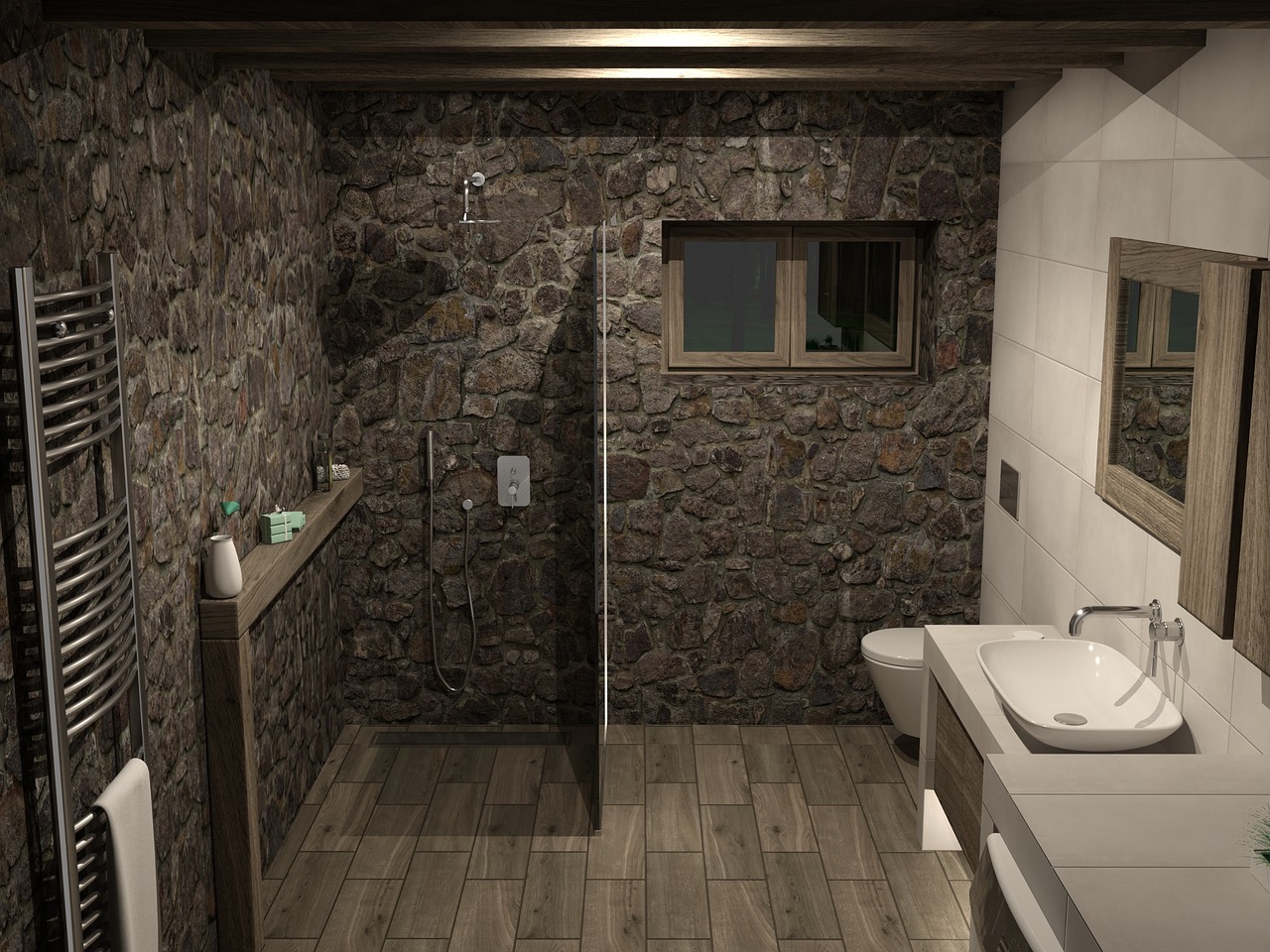In our fast-paced world, getting a good night’s sleep can sometimes feel like a luxury rather than a necessity. However, quality sleep is crucial for our overall well-being, affecting everything from our mood and productivity to our physical health. Here are ten tips to help you achieve the best night’s sleep possible.
1. Make Your Sleep Environment Comfortable
Your bedroom should be a sleep-inducing environment. This means keeping it cool, dark, and quiet. Invest in a comfortable mattress and pillows that support your sleeping style. Consider using blackout curtains, earplugs, or a white noise machine to block out any disruptive sounds and light. A good night’s sleep is essential for overall health and well-being, and one often overlooked factor that significantly contributes to sleep quality is the choice of bedding, particularly the duvet. A duvet is more than just a bed covering; it plays a crucial role in creating a comfortable and conducive sleep environment.
Temperature Regulation
One of the primary functions of a duvet is to regulate body temperature. The right duvet helps maintain an optimal sleeping temperature by providing warmth in colder weather and breathability in warmer conditions. Natural materials like down and feathers are excellent at trapping heat while allowing moisture to escape, ensuring you stay warm without overheating. Synthetic options are also available, designed to mimic these properties and cater to specific temperature needs.
Comfort and Softness
A high-quality duvet adds a layer of plush comfort that enhances the sleeping experience. The softness and fluffiness of a duvet can create a cozy cocoon, making it easier to relax and drift off to sleep. The gentle pressure from a well-chosen duvet can also provide a sense of security and calm, similar to the effects of a weighted blanket.
Allergy Protection
Hypoallergenic duvets can be particularly beneficial for those with allergies or sensitivities. These duvets are made from materials that resist dust mites, mold, and other allergens, contributing to a healthier sleep environment. Regular cleaning and maintenance of your duvet can further reduce allergens, promoting uninterrupted, restful sleep.
Aesthetic Appeal
While functionality is paramount, the aesthetic appeal of a duvet should not be underestimated. A beautiful duvet can make your bed more inviting and your bedroom more relaxing, which psychologically prepares you for sleep. The feeling of crawling into a well-made bed with a soft, attractive duvet can enhance your overall sleep experience. A duvet is a critical component of a good night’s sleep, offering temperature regulation, comfort, allergy protection, and aesthetic appeal.
Investing in a high-quality duvet tailored to your needs can make a significant difference in the quality of your sleep and, by extension, your overall health. We highly recommend taking a look at Simba Sleep mattresses and duvets. Simba Sleep used the data of 10+ million sleepers to design mattresses and duvets to suit every sleep style and body type.
2. Stick to a Consistent Sleep Schedule
One of the most effective ways to improve your sleep is to go to bed and wake up at the same time every day, even on weekends. This helps regulate your body’s internal clock, making it easier to fall asleep and wake up naturally. Consistency reinforces your sleep-wake cycle and can significantly improve the quality of your sleep.
3. Create a Relaxing Bedtime Routine
Establishing a pre-sleep routine signals to your body that it’s time to wind down. This could include activities such as reading a book, taking a warm bath, or practicing relaxation techniques like meditation or deep breathing. Avoid stimulating activities before bed, such as working or using electronic devices, as they can interfere with your ability to relax.
4. Limit Exposure to Light Before Bed
Exposure to light, especially blue light from screens, can interfere with your body’s production of melatonin, the hormone that regulates sleep. To reduce the impact, try to avoid screens for at least an hour before bed. You can also use blue light filters on your devices or wear blue light blocking glasses.
5. Be Mindful of Your Diet
What you eat and drink can significantly impact your sleep. Avoid large meals, caffeine, and alcohol close to bedtime. While alcohol might make you feel sleepy initially, it can disrupt your sleep cycle later in the night. Instead, try a light snack that promotes sleep, such as a small serving of nuts or a banana.
6. Get Regular Exercise
Regular physical activity can help you fall asleep faster and enjoy deeper sleep. Aim for at least 30 minutes of moderate exercise most days of the week. However, try to finish exercising at least a few hours before bedtime, as exercising too close to bedtime can be stimulating and make it harder to fall asleep.
7. Manage Stress and Anxiety
Stress and anxiety are common culprits of poor sleep. Practice stress-reducing techniques such as mindfulness, meditation, or yoga. Writing down your thoughts or to-do list before bed can also help clear your mind and prevent you from lying awake worrying.
8. Avoid Napping Late in the Day
While short naps can be beneficial, long or irregular napping during the day can negatively affect your nighttime sleep. If you need to nap, try to do it early in the afternoon and limit it to 20-30 minutes to avoid disrupting your nighttime sleep.
9. Limit Fluid Intake Before Bed
To prevent frequent trips to the bathroom during the night, limit your fluid intake in the evening. While it’s important to stay hydrated throughout the day, try to drink less in the hour or two before you go to bed.
10. Seek Professional Help if Needed
If you’ve tried these tips and still struggle with sleep, it may be time to seek help from a healthcare provider. Sleep disorders, such as insomnia or sleep apnea, can have serious consequences if left untreated. A professional can provide a diagnosis and recommend appropriate treatments or lifestyle changes.
Conclusion
Achieving the best night’s sleep often requires making several small adjustments to your daily routine and sleep environment. By incorporating these ten tips into your lifestyle, you can create a more conducive environment for sleep and enjoy the myriad benefits that come with a good night’s rest. Remember, quality sleep is not just a luxury; it’s a vital component of a healthy, balanced life. So, prioritize your sleep and give your body the rest it deserves.






